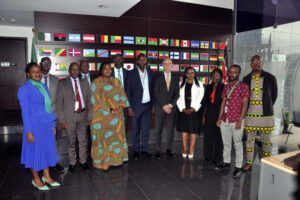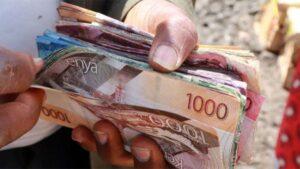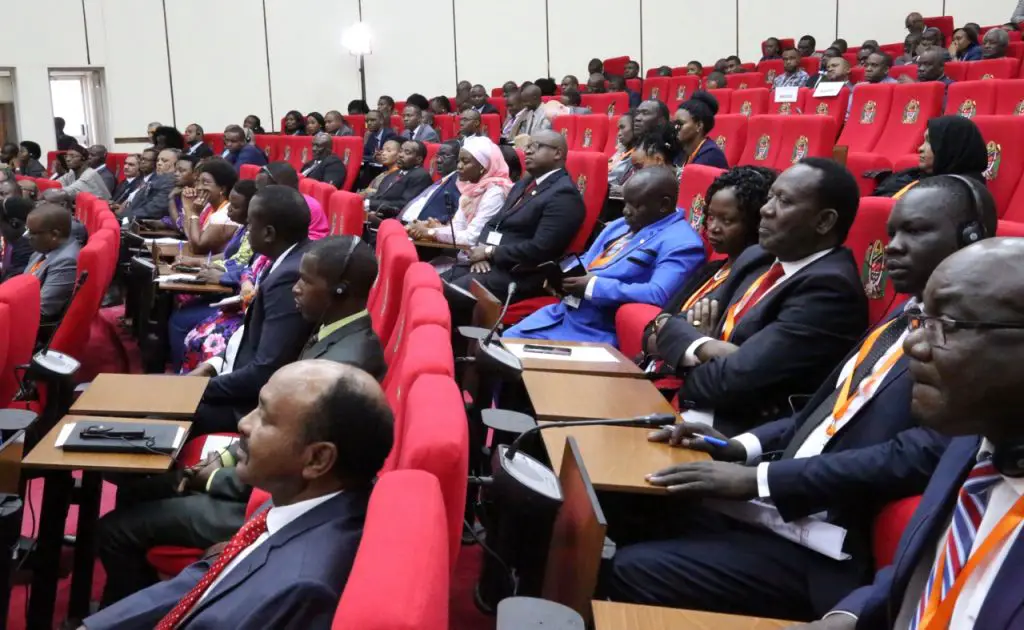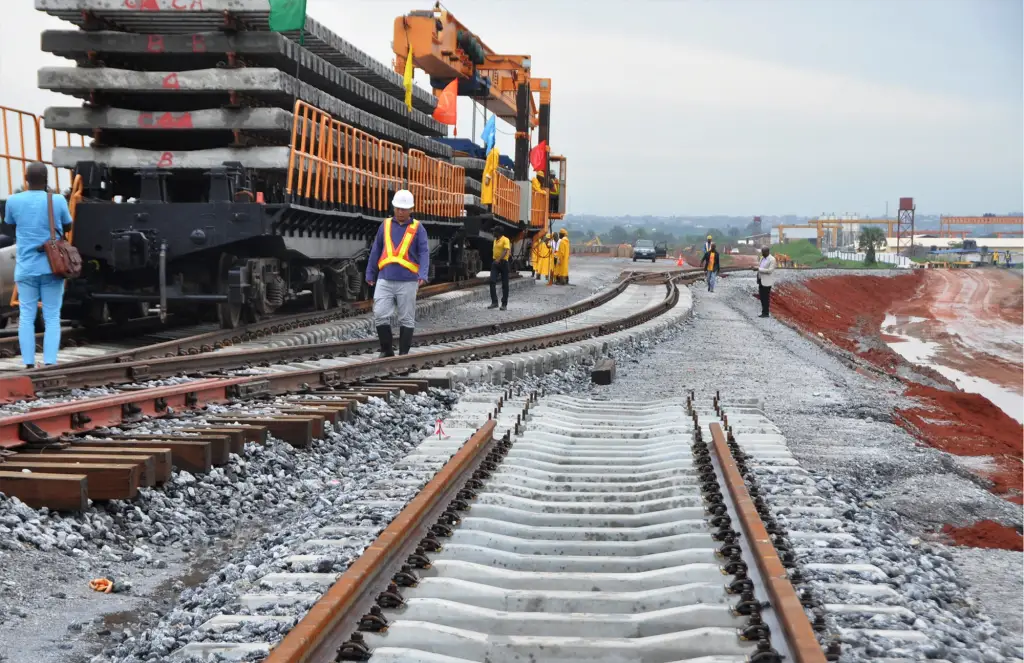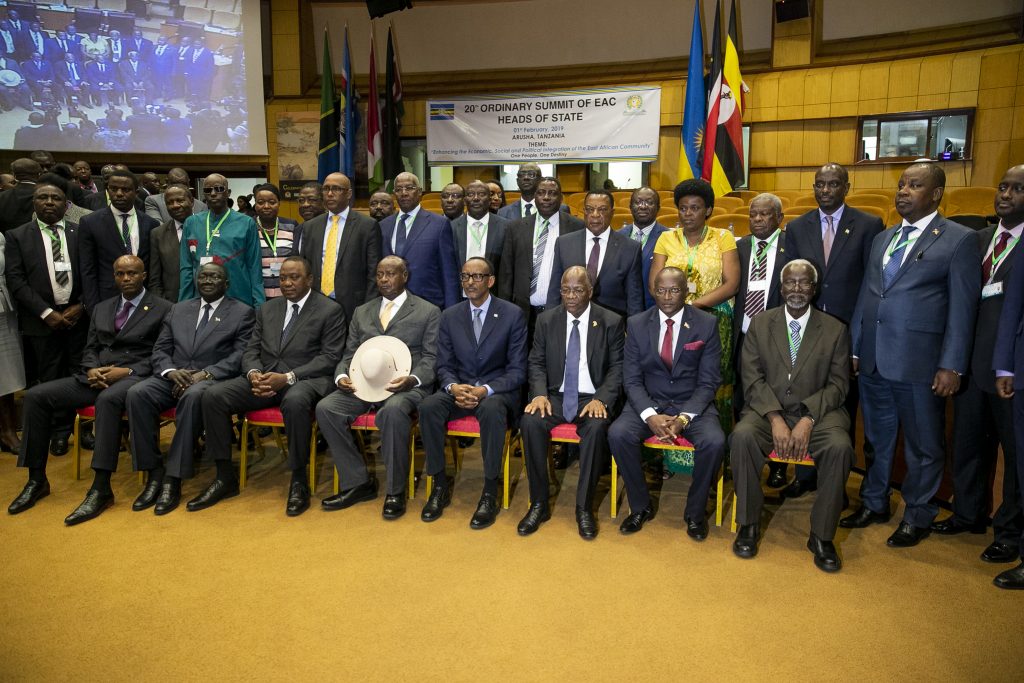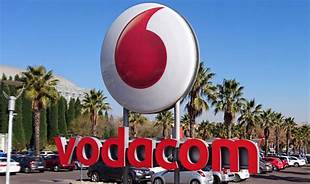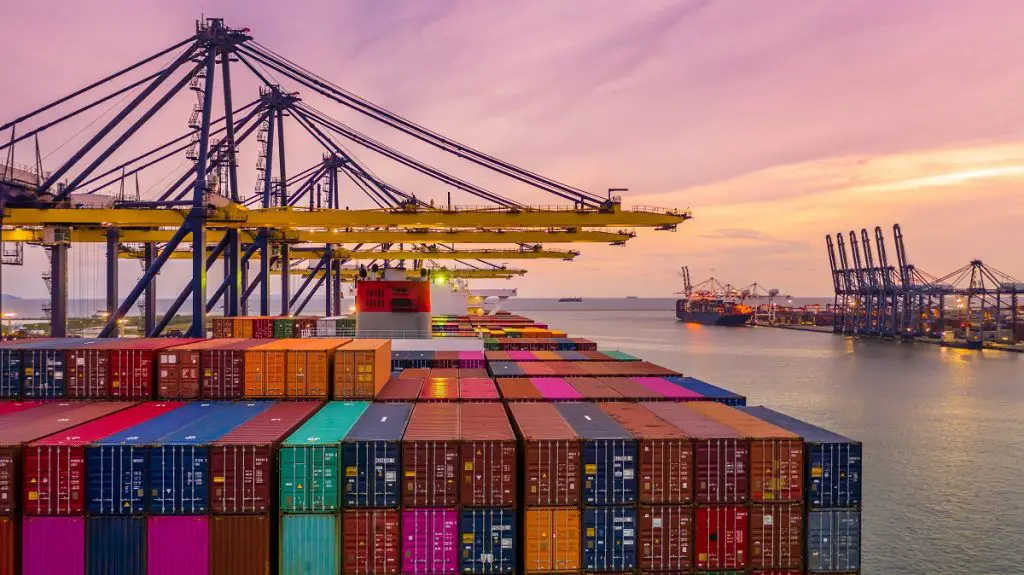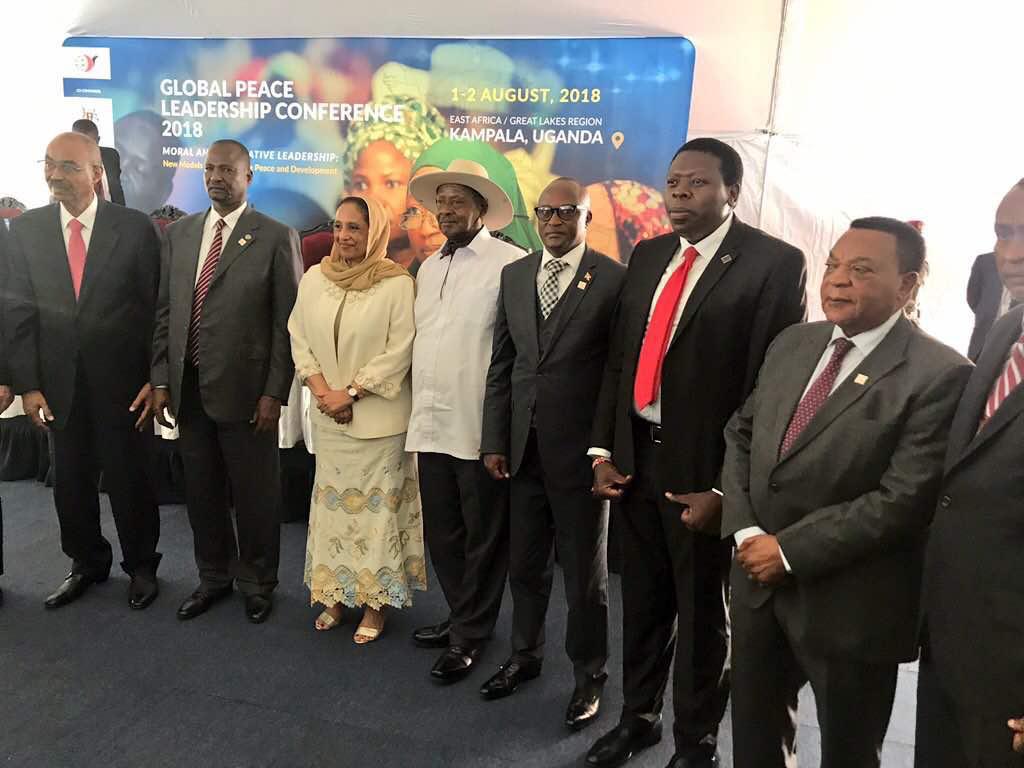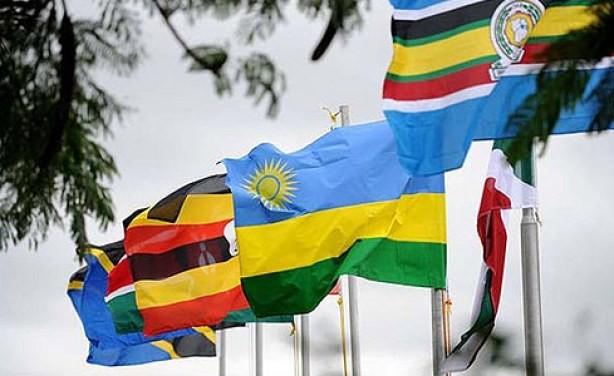- Kenyan Farmers Receive $2M Boost from Africa Fertiliser Financing Mechanism
- Brace for High Interest Rates for a Longer Period World Bank Warns Kenya
- Kenya-Ethiopia Trade Relations: Legislators Advocate for Policy Alignment to Boost Ties
- Visualising the state of debt in Africa 2024
- Abu Dhabi radiates optimism as over 300 startups join AIM Congress 2024
- TLcom Capital Raises $154 million in Funding to Boost Its African Growth
- Africa’s $824Bn debt, resource-backed opaque loans slowing growth — AfDB
- LB Investment brings $1.2 trillion portfolio display to AIM Congress spotlight
Browsing: East African Community
Consumer demand and sales volumes have peaked in the developed world leaving the developing countries lagging behind.…
For the last 8 years, member states that make up the East African Community have not met their annual commitments to the regional body fully. The closest they came to fully meet these commitments was in the financial year 2011/12, and were at their lowest at 70% for FY2019/20.
This has led to the EAC to push for its organs to reduce their budgets to adjust to this reality which has included reducing the number of activities and missions abroad. These efforts to reduce the expenses by the community were acknowledged last month by the African Development Bank, which ranked the EAC as the most performing regional community in Africa.
For example, documents availed to The Exchange by sources within the community show that the travel expenses which were at USD 17.7 million during FY2013/14 were reduced to USD 12.05 million during FY2017/18.
However, according to sources within the community, …
Across the continent to West Africa where we find one of Africa’s largest economies, Nigeria. Here we find another railway deal gone bad, the $500 million Lagos – Ibadan railway.
In a similar manner to Kenya’s SGR debacle with China, which resulted in Kenya sinking heavily into debt that it simply cannot afford to pay and restructure, Nigeria is now finding a similar fate.
According to the country’s Director General for Nigeria’s Debt Management Office (DMO) Patience Oniha, when making a deal with China, ‘…the Chinese determine the cost of projects, give us loans tied to the projects and the projects must be executed by Chinese firms alone.’
It is alleged that not only does China force importation of even the smallest of laborers but also all the equipment and guess where they are imported from? Yes, China.
It is further argued that by so doing, China is using these …
After much back and forth that caused enormous delay, the East African Community (EAC) has passed a 97.6m US dollars budget for the next financial year.
Of the total amount, 55.6m US dollars will come from EAC partner states, while development partners will contribute 41.9m US dollars.
The budget reflects the region’s top priority areas which can be shortlisted to about seven areas. During the next financial year, the community will focus on Consolidation of the Single Customs Territory (SCT) to cover all imports and intra-EAC traded goods, including agricultural and other widely consumed products.
It will also cover infrastructure development including the enhancement of free movement of all factors of production as declared under the Common Market and Monetary Union Protocols.
Another focus area is the enhancement of regional industrial development through investment in key priority sectors like skills development, technological advancement and innovation to stimulate economic development.…
Agribusinesses in the EAC member states are expected to benefit from greater business opportunities in both the East African and European markets.…
The EU presents a huge opportunity for the EAC region SMEs making it a great platform for those in the sector to market their products in Europe.…
The Tanzania Revenue Authority (TRA) has won a USD 1.3 million (3bn/-) case against Vodacom Tanzania dating back almost two decades ago. Tanzania’s Court of Appeal delivered a ruling last week in which it rejected Vodacom’s appeal of TRA’s tax audit dating back to a three year period between 2001-2004.
Local media reported at the start of the week that, “…TRA, the respondent, conducted tax audit in respect of the appellant’s business affairs for the period covering the year 2001 to 2004.”
The findings of this audit were that Vodacom Tanzania was withholding tax and penalties related to services and royalty for use of software acquired from Siemens Telecommunications (PTY) Ltd.
“On November 10, 2006 the respondent served the appellant with preliminary audit findings…” in turn, on April 24, 2007, Vodacom Tanzania issued its own revised audit findings which TRA did not accept as correct.
The following year, on August …
Kenya is the major exporter and importer of the East African Community (EAC) accounting for an estimated 46 per cent of exports and 41 per cent of imports in the region…
When there is conflict, it is the general society and businesses that suffer the most, in fact business should be at the forefront of advocacy for peace.
With almost every element of business going digital, the question of digital platforms been used for radical sentiments is not a political agenda but a socio-economic one.
There is need to take concerted action to promote and facilitate peace especially now, in an age where social media is been used to spread radical content online. Social media and other digital platforms are also very powerful tools to prevent conflict and extremism and promote greater understanding and tolerance.
“We have to take steps to ensure we instill seeds of peace and tolerance for one another, and social media is a great platform to reach youth to promote peace” Martha Nghambi the, Country Director for Global Peace Foundation Tanzania asserted.
Speaking to media over the …
Since the Common Market Protocol was launched in 2010, trade between East African Community member states has increased by 60.75 per cent from $3.72 billion to $5.98 billion in 2018, the latest trade data show.
Despite non-tariff barriers (NTBs) continuously holding back the region’s potential, the Common Market Protocol has boosted trade in the region by easing the cross-border movement of goods and people.
The East Africa Community Trade and Investment Report shows that the value of intra-regional trade increased by 9.4 per cent to $5.98 billion in 2018 from $5.46 billion in 2017.
The growth was partly caused by EAC countries’ increased preference for trading with each other so as to counterbalance falling demand for the region’s products in European and US markets.
Also Read: Uganda, Rwanda record reduced trade flows
All EAC member states apart from Burundi recorded growth in trade with their regional counterparts, the report showed.…
